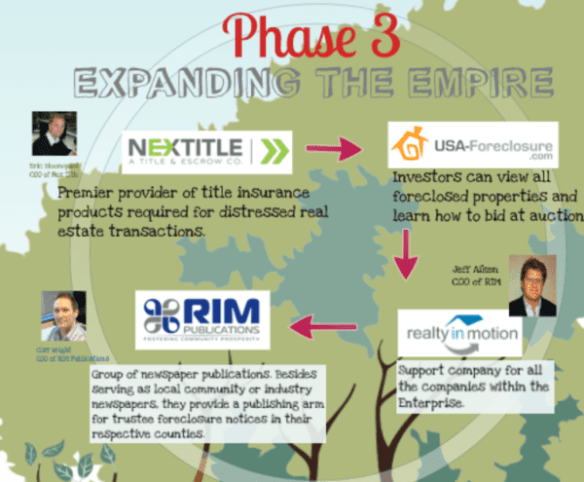 It has been nearly three years since Bellevue-based RIM Publications and its parent company Northwest Trustee Services took over the remains of the weekly newspaper that covered Capitol Hill for decades and earned years of goodwill from the Hillers who remember their paper delivery routes and the nostalgia of simpler times. At the time, we called Northwest Trustee Services and RIM “a company built on the back of our region’s manifestations of the mortgage crisis.”
It has been nearly three years since Bellevue-based RIM Publications and its parent company Northwest Trustee Services took over the remains of the weekly newspaper that covered Capitol Hill for decades and earned years of goodwill from the Hillers who remember their paper delivery routes and the nostalgia of simpler times. At the time, we called Northwest Trustee Services and RIM “a company built on the back of our region’s manifestations of the mortgage crisis.”
So, what are the people behind today’s Capitol Hill Times up to lately? Here is a recent piece posted by the Madison Park Times, another old-timey paper still making a go of it in the internet era:
This is how foreclosed Seattle homes are auctioned: in an underground parking garage setting more befitting drug deals. Northwest Trustee Services (NTS), which operates in eight Western states, handles 60 to 70 percent of all foreclosed homes in King County. Six years after the housing bubble burst, NTS still auctions 50 to 70 homes a month from Seattle alone.
Its building also houses Routh Crabtree Olsen, a legal firm that operates in the same eight states and represents both NTS and the banks that have seized the homes NTS auctions.
It’s a cozy, well-oiled machine for processing properties that, protesters allege, often have the same history of predatory practices and dubious paper trails that led to the 2008 bubble in the first place.
Full disclosure: The Madison Park paper is published by Pacific Publishing Co., the folks who sold off the Capitol Hill Times.
As the foreclosure business remains a profitable industry even with the late-payment rate in the nation dropping, some experts are predicting the country’s mortgage crisis is about to flare up again as “temporary relief measures and legacy issues from the crisis” come to a head in 2015. Expect a meatier free weekly in the future as the local foreclosure listings thicken up.
UPDATE: Here’s a business presentation passed along to us about the RIM structure:





